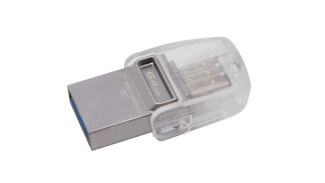strcat
NAME
strcat, strncat - concatenate two strings
SYNOPSIS
#include <string.h> I char *strcat(char * dest , const char * src ); I char *strncat(char * dest , const char * src , size_t n );
DESCRIPTION
The
R strcat ()
function appends the src string to the
dest string, overwriting the null byte ('\0') at the end of
dest, and then adds a terminating null byte.
The strings may not overlap, and the dest string must have
enough space for the result.
The
R strncat ()
function is similar, except that
*
it will use at most n characters from src; and
*
src does not need to be null terminated if it contains
n or more characters.
As with
R strcat (),
the resulting string in dest is always null terminated.
If src contains n or more characters,
R strcat ()
writes n+1 characters to dest (n
from src plus the terminating null byte).
Therefore, the size of dest must be at least
strlen(dest)+n+1.
A simple implementation of
R strncat ()
might be:
char*
strncat(char *dest, const char *src, size_t n)
{
size_t dest_len = strlen(dest);
int i;
for (i = 0 ; i < n && src[i] != '\0' ; i++)
dest[dest_len + i] = src[i];
dest[dest_len + i] = '\0';
return dest;
}
RETURN VALUE
The
R strcat ()
and
R strncat ()
functions return a pointer to the resulting string dest.
CONFORMING TO
SVr4, 4.3BSD, C89, C99.





















